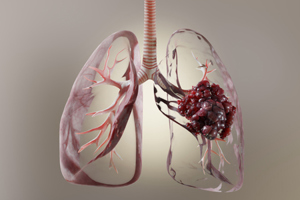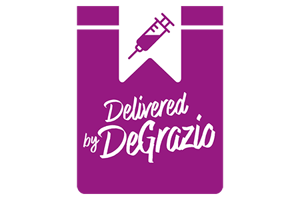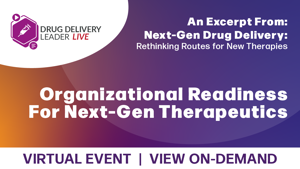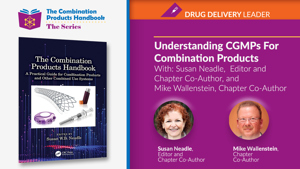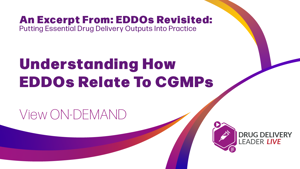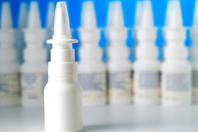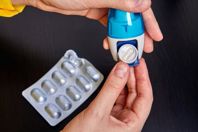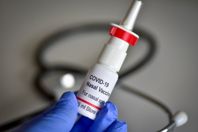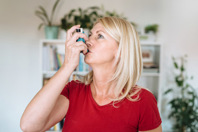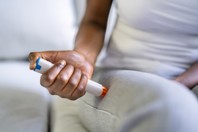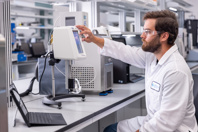INHALATION DRUG DELIVERY ARTICLES
 GenAI: The Muscle Behind Strong Regulatory Intelligence For Combination Products
GenAI: The Muscle Behind Strong Regulatory Intelligence For Combination Products
In this article, combination product consultant Doug Mead provides the rationale and offers guidance for using GenAI tools to search regulatory databases. He shows the benefits for biopharma developers of conducting “precedent research” into previous regulatory pathways and results for similar or related drug delivery product submissions.
INHALATION DRUG DELIVERY RESOURCES
-
Nasal spray administration of medicine offers advantages over oral and IV delivery. Experts discuss the advantages and opportunities of adopting unit- and bi-dose nasal delivery technology.
-
A focus on spray-drying expertise in pulmonary and nasal powder development highlights why it is vital to choose the right CDMO.
-
IVIVR modeling leverages in-vitro testing knowledge toward predicting in-vivo testing results, often reducing long-term development costs by facilitating more informed decision-making during drug development.
-
The formulation and spray drying process can help manufacture a stable, highly respirable powder and deliver products that require a high drug load, a biologic, or rapid onset therapeutic.
-
When developing a nasal delivery program, a partner with experience in development and manufacturing techniques who can see a program through small-scale clinical to commercial supply is crucial.
-
The solution to the carbon footprint of respiratory disease is complicated. The prevailing “myths” must be examined and addressed to achieve the shared industry vision of a decarbonized inhaler market.
-
In a recent webinar, Lonza discussed the process it uses to develop a spray dried powder formulation and scale from early feasibility studies to manufacturing.
INHALATION DRUG DELIVERY SOLUTIONS
-
Integrated device assembly, labeling, and packaging solutions streamline pharma delivery, ensuring compliance, scalability, and patient-centric design from clinical trials to commercial production.
-
Modern inhalation platforms, improved formulations, and greener propellants speed development and strengthen respiratory performance, with key factors guiding device choice and clinical readiness.
-
A focused look at how low‑GWP propellant technologies support sustainability goals while preserving inhaler performance, offering guidance for planning regulatory readiness, device compatibility, and long‑term respiratory portfolio strategy.
-
See key inhalation platforms and their advantages, showing how targeted delivery, formulation flexibility, and patient-friendly design support efficient development and stronger therapeutic outcomes.
-
Advanced particle engineering enhances the performance and life-cycle of therapeutics. Superior bioavailability, higher drug load, and improved stability are enabled for small and large molecules.
-
An overview of analytical capabilities to boost product quality, meet regulatory expectations, and drive development through phase‑appropriate methods and specialized testing for complex drug programs.
-
Our newly expanded in-house capabilities span clinical and commercial scale manufacturing for DPIs, unit-dose, bi-dose and preserved multi-dose nasal sprays.
-
Learn how our team of scientists, engineers, and human-centered designers, as well as our world-class facilities, empower us to confidently guide your product toward a successful market launch.
-
Our formulation development and material sciences experts have over 30 years’ experience in pre-formulation and solid state characterization.
-
Explore new approach methodologies, integrating in vitro and computational models to improve toxicology testing, and drug development, enhancing accuracy, efficiency, and human relevance.


